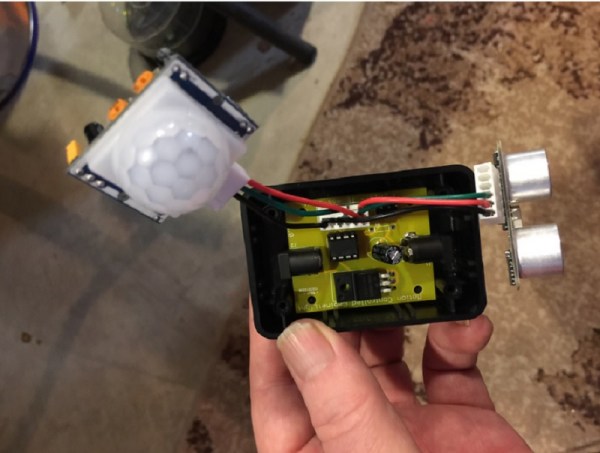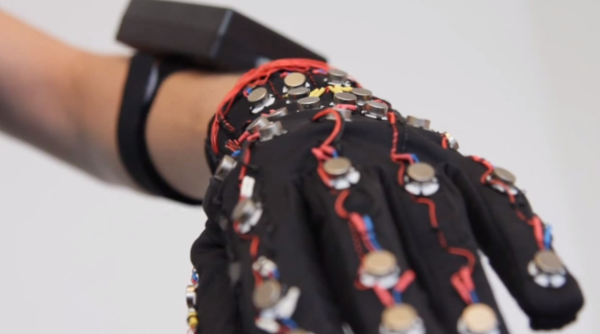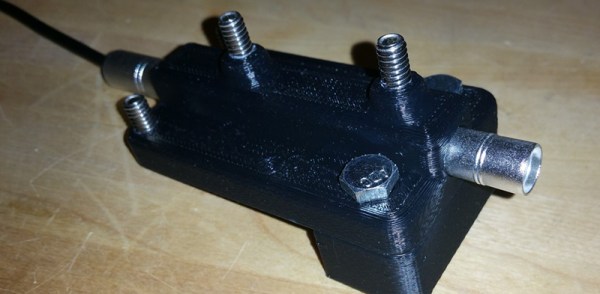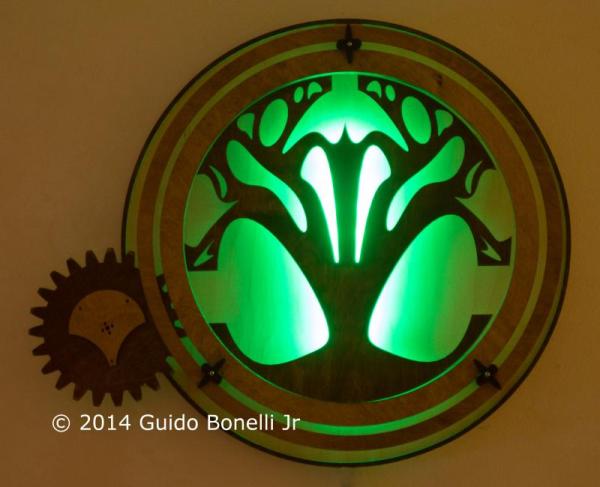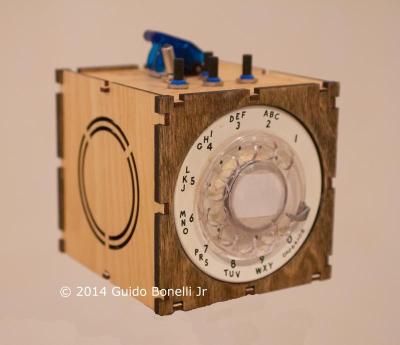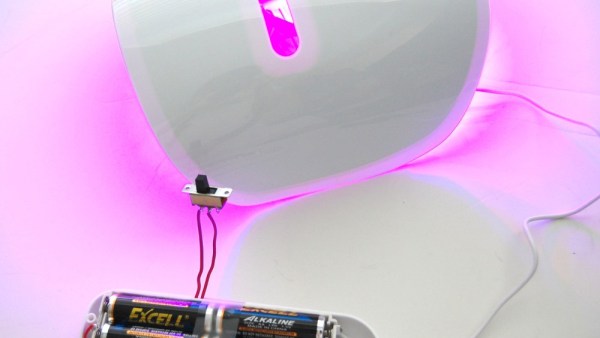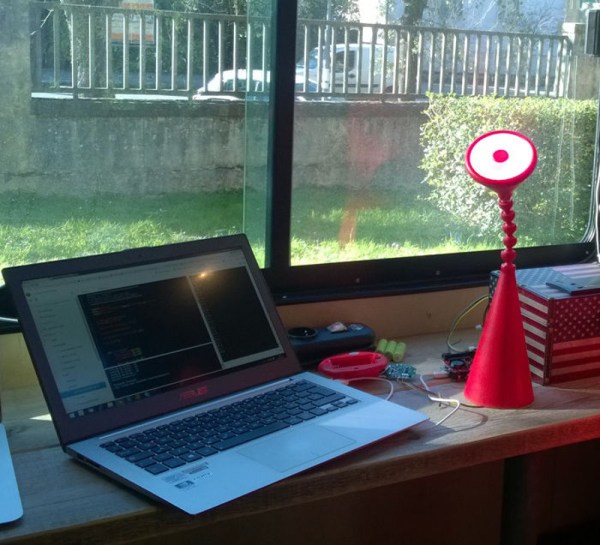If you’ve been killing time texting or chatting with your pals via smart phone, odds are pretty good that you’re not giving much thought to the two senses that make it happen: your sight and your hearing. Those who are deafblind, however, cannot participate in these activities; and for many, the remote communication that most of us enjoy with our phones simply isn’t possible. Enter Berlin University of the Arts Design Research Lab. Here, they’ve developed the Mobile Lorm Glove, a haptics device that enables two-way remote communication via smart phone.
For the deafblind, Lorm is the tactile technique for communication. Lorm is a series of hand-tracing gestures that map to characters of the alphabet. To communicate with others, the gloved user can trace Lorm directly onto the pressure-sensitive inputs on the palm of the hand. To receive messages, small vibration motors on the back of the hand vibrate to indicate the message encoded in Lorm.
Originally, to communicate with the deafblind, we must first learn Lorm. With the Mobile Lorm Glove, however, we need only know how to send text messages, and the Lorm-decoding is handled with a look-up table running on our classic Atmega328 microcontroller. For the sharp-eyed, the back-side of the glove seems limited in its capability to transcribe continuous finger traces into discrete motor vibrations. However, with four shift-registers and 32 levels of motor-intensities, the designers address each motor with a technique called “funneling illusion” where continuous movement is simulated by gradually changing the intensity from motor to motor. For more tricks and details, take a look at their conference paper.
By wearing the glove, everyday communication can be made far easier with anyone with a smart phone. We’re jazzed that just a Bluetooth module, an Atmega328, and a collection of pressure sensors and motors can enable any cell phone user to circumvent the learning curve and open up a new conversation.
Continue reading “Mobile Lorm Glove Puts Texting Back Into Everyone’s Hands” →

